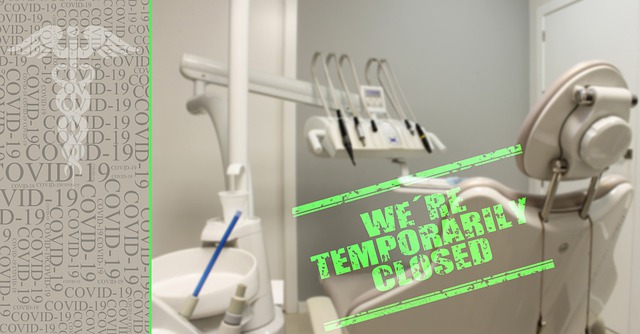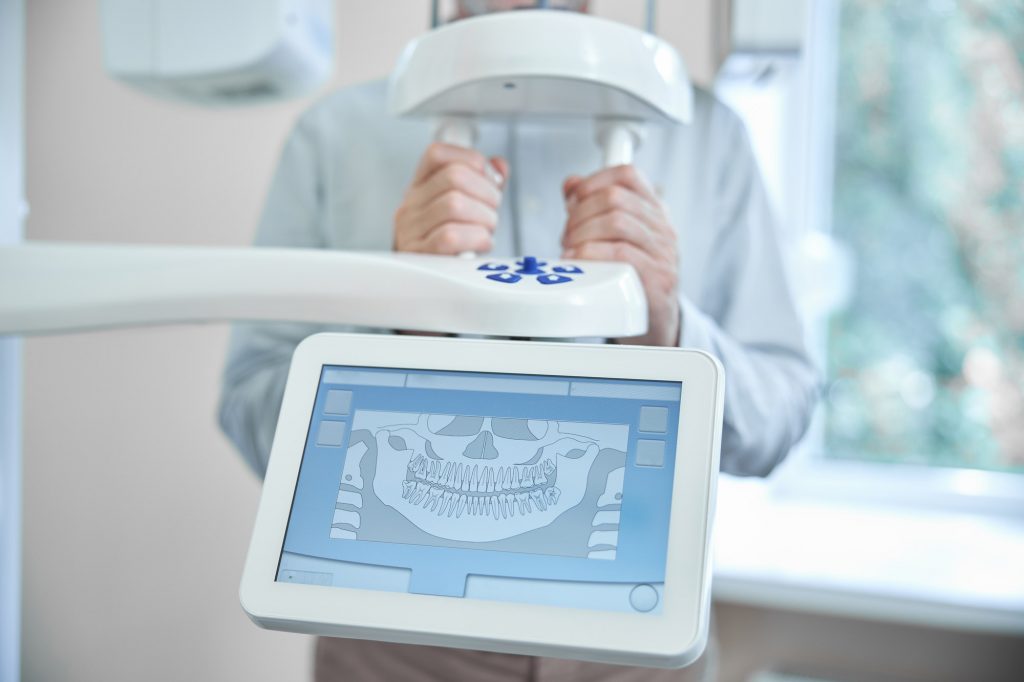Dentistry and the global context Covid-19 - ethical decision-making
Coronavirus (COVID-19) has caused various problems in the professions and health systems and has caused different speeds of response and types of response around the world. The role of dentists in preventing the transmission of COVID-19 is extremely important. While all dental care has been suspended in countries experiencing COVID-19 during the pandemic period, the need for organized emergency care provided by teams with appropriate equipment is shown to be great. Dentists can also contribute to medical care. Significant and rapid reorganisation of both clinics and support services is not straightforward. Dentists felt a moral duty to reduce routine appointments due to fear of the spread of COVID-19 among their patients and beyond, but were understandably concerned about the financial implications. Amidst the explosion of information available online and through social media, it is difficult to identify reliable research evidence and guidance, but ethical decisions must be made.
Dentistry and the global context
The spread of coronavirus (COVID-19) has created significant challenges for dentistry and medicine, as well as for dental and medical schools, in all affected countries. The arrival of COVID-19 in Europe, an epicentre of the pandemic, was not unexpected and came from Wuhan, China, in late 2019. The speed and type of response to this disease around the world has been highly variable depending on different healthcare systems, economies and political ideologies.
The local government of Wuhan did not immediately recognize the significance of the new SARS-type disease reported by Dr. Li Wenliang, but after some initial delay, the central government of China engaged in a rapid draconian response that worked and slowed the spread of COVID-19. The measures included shop closures and forced quarantines on an extremely large scale. The collection of mobile phone location data and the use of facial recognition technology to track people's movements cannot be easily replicated in other countries and many will prioritise individual rights at this level of surveillance. China also advised that all healthcare workers use personal protective equipment similar to that previously intended for highly infectious pathogens such as plague and cholera. Dental care-beyond emergencies-was suspended in January 2020 and three months later begins to return to normal. Emergency dental care received advice on strict personal protection and measures to reduce and avoid droplet and aerosol production, use of high-volume suction , and others, as had been suggested during the previous SARS outbreak
Chinese researchers had quickly isolated the new virus and sequenced its genome so that tests could be developed to detect the disease through reliable tests. However, in the US, the bureaucratic multi-vector system was blamed for their slow response. The US Centers for Disease Control (CDC) designed their first test, but then had to wait for FDA approval, only to find that it did not work. The leadership at the White House has also been criticized for their lack of timely prioritization of the COVID-19 threat. Messages and policy have been inconsistent. There is also anxiety that individuals will put off visiting health centers until their health deteriorates because of the huge cost of care in the private sector.

Professional care
Some believe that the rapid escalation of measures against the spread of coronavirus was proportionate, while others argue that social restrictions are not sustainable after a short period of time. How tolerable in a democracy is it to close down football stadiums, restaurants, schools and universities? Government decision making is about balancing saving lives with risk to the economy. It is believed that the population is likely to respond instinctively to the value of saving lives despite the more difficult damage calculations from the economic downturn. The primary moral response is to save lives. All healthcare providers have a moral obligation to care for their patients. In dentistry, we make every effort to select those who join the profession who exhibit caring characteristics and the general public expects this of us. The "state of judgment test" is commonly used to measure attitudes and behaviors of future dental professionals and those in training.



























